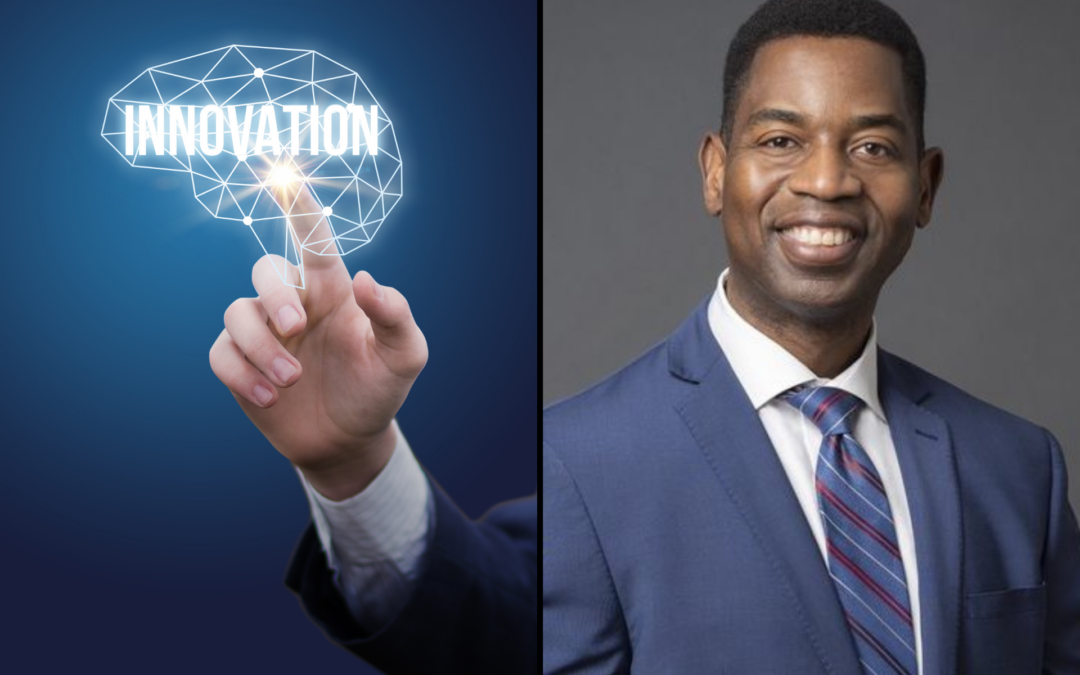
Shaping Higher Education Policy: Presidents Forum in DC
Shaping Higher Education Policy: Presidents Forum in DC
The Big Picture
Higher education leaders converged in DC for the Presidents Forum’s annual policy meetings, engaging with key legislative figures to shape education’s future.
Why it matters
These meetings bridge the gap between educational leaders and policymakers, fostering dialogue on critical issues like student aid integrity and retention strategies.
Key takeaways
- Met with House Education Committee Chair Walberg and Ranking Member Scott
- Engaged with Senate HELP Committee staff
- Connected with Rep. Blake Moore on educational opportunities
The bottom line
The Presidents Forum continues to serve as a crucial bridge between higher education leadership and federal policy makers, driving conversations that shape America’s educational landscape.





Recent Comments